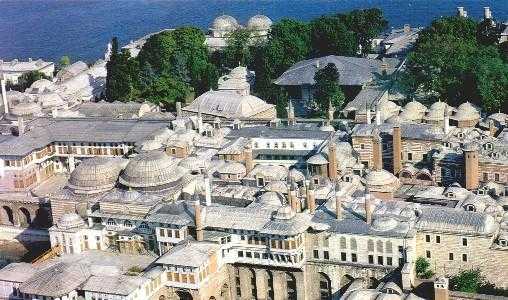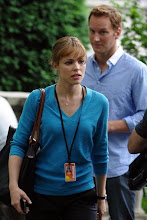I realize that I am nearly alone in my opinions of Lipstick Jihad- I enjoyed the book. I admit that the book has its flaws, but I enjoyed the author’s story, and enjoyed the fact that it was a bit of a change from some of the other readings.
One flaw that was obvious was one that the class discussed the other day: it constantly alternates in the style and format of writing. It alternates between informational, journalistic, and memoirist writing styles. Now, I do not know much about different types of writing (let alone their technical terms!), but even I could detect these changes. At first the switches were very distracting and made the story harder to get interested in, but after I got deeper into the story, the switches did not less noticeable.
Another flaw that was brought up in class was that the author did not have enough authority to analyze/criticize Iranian culture in the way that she did. This is due to the fact that she was born in America, was in a very specific situation (going between the two cultures as a journalist), and also due to the fact that she was ”indoctrinated” with Western Orientalist ideas. She was a reporter for the New York Times, which raises a huge red flag, according to others in the class. Though I understand these red flags, I also do not think that her work should be criticized too harshly, either. In my opinion, her opinion should matter. Yes, she may have been in a very specific circumstance, but we still get the privilege of looking into that situation through her eyes. I think there is much to benefit to learning from a person that is going back and forth between two different cultures, and is able to see both sides of issues in a way that other people cannot. Yes, one culture will most likely dominate, but there are still advantages.
I hope to further analyze this text, and not to discount its story just quite yet!





